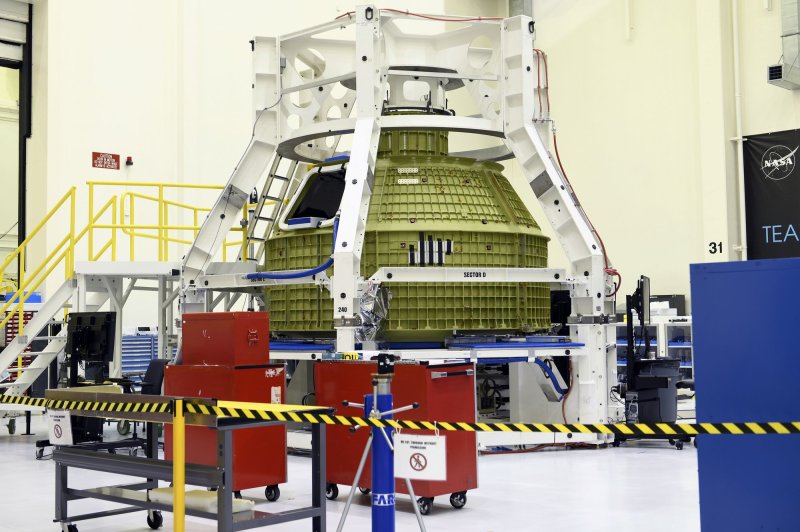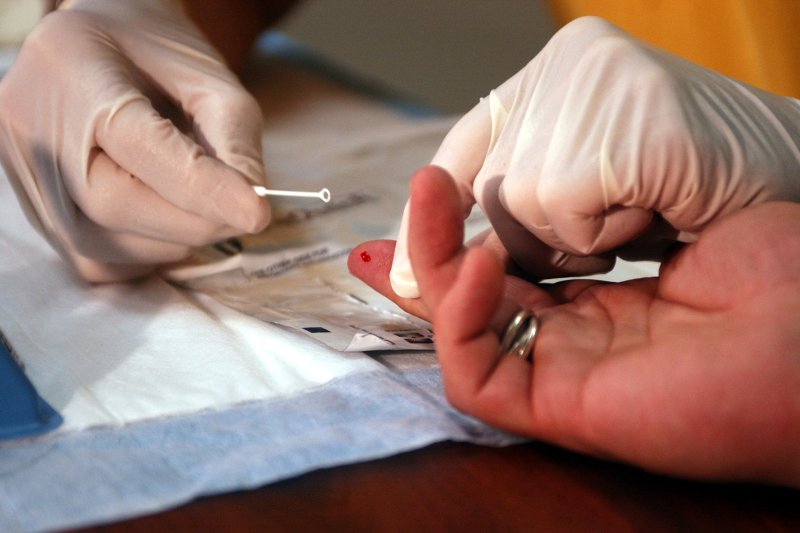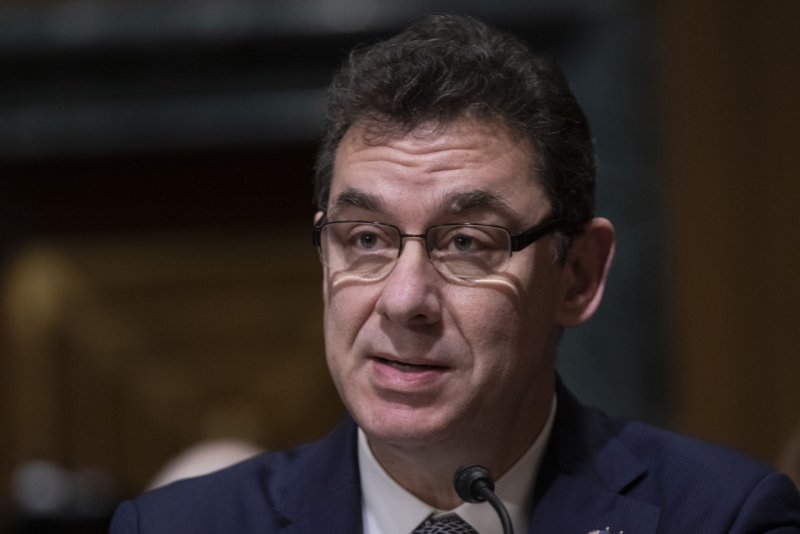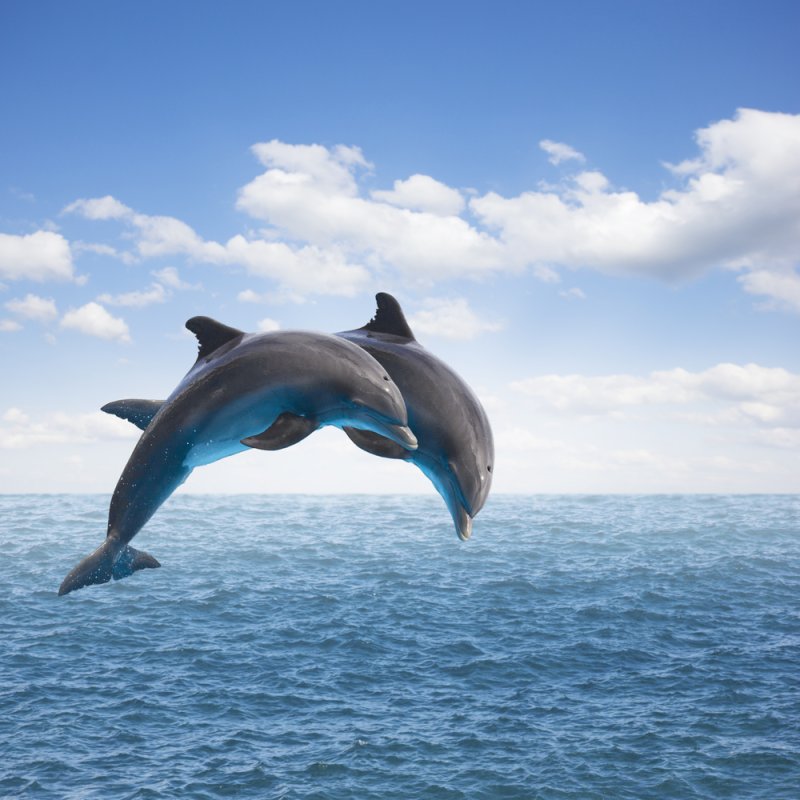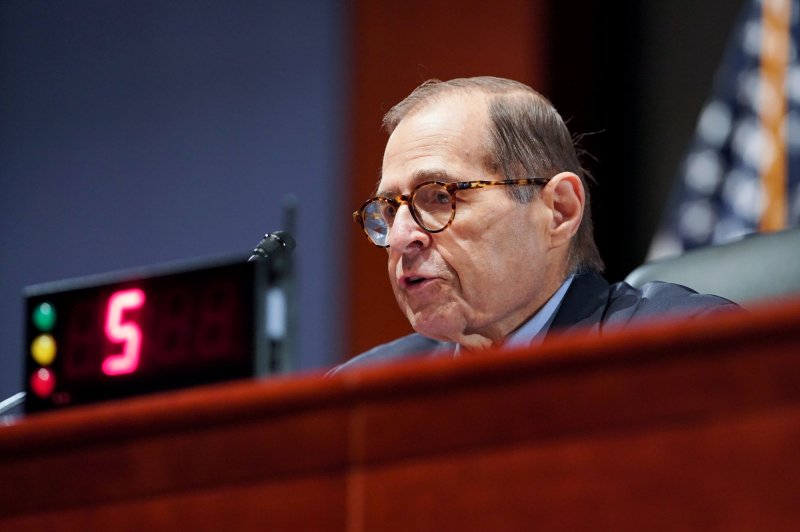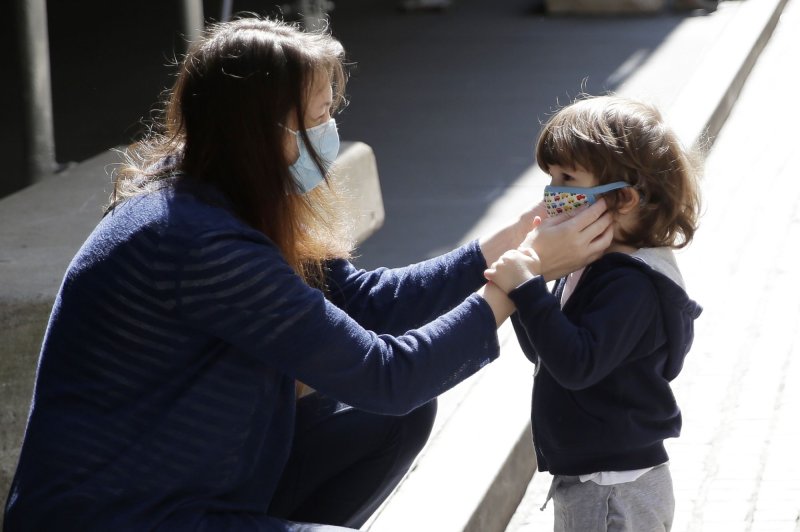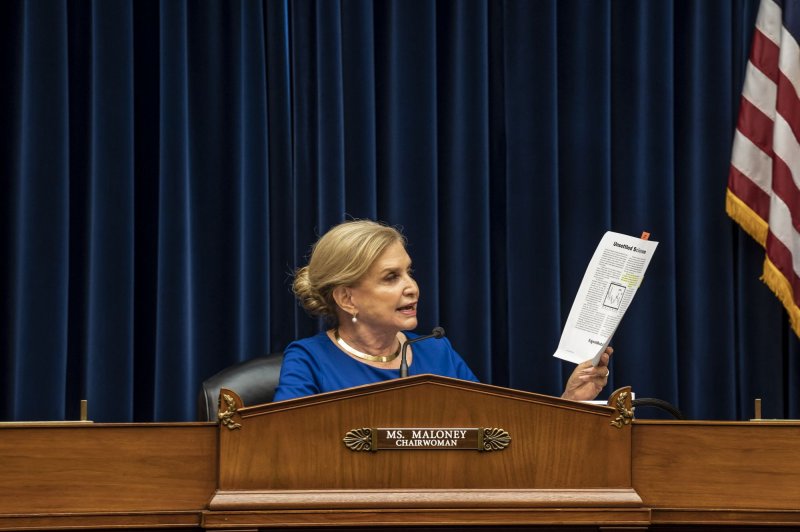ENEMY OF THE STATE
Filipino journalist reflects on Nobel Prize win at Harvard
1 of 8
Investigative journalist Maria Ressa, of the Philippines, speaks with a reporter from The Associated Press, during an interview at the Kennedy School of Government on the campus of Harvard University, Tuesday, Nov. 16, 2021, in Cambridge, Mass. Ressa, co-winner of the 2021 Nobel Peace Prize, spoke on issues including press freedom during the interview. (AP Photo/Josh Reynolds)
CAMBRIDGE, Mass. (AP) — One month since she was named the first Filipino to win the Nobel Peace Prize, journalist Maria Ressa says much still remains uncertain about her life.
Will her battle against a libel suit in the Philippines lead to jail time? Will she be able to travel to Norway to accept her prestigious award next month? When is the next time she’ll be able to see her family?
“You know the painting The Scream?” Ressa said Tuesday evening, holding her hands to her face and mock-bellowing into the existential void like the famed Edvard Munch work. “I wake up every day like that.”
“I don’t know where it will lead,” she continued during an interview at Harvard University in Cambridge, Massachusetts, shortly before delivering the university’s annual Salant Lecture on Freedom of the Press. “But I know that if we keep doing our task, staying on mission, holding the line, that there’s a better chance that our democracy not only survives, but that I also stay out of jail. Because I’ve done nothing wrong except be a journalist, and that is the price we have to pay. I wish it wasn’t me, but it is.”
The 58-year-old co-founder of Rappler, a Manila-based news website, said it wasn’t lost on her that her Harvard speech came just hours after American journalist Danny Fenster’s emotional reunion with family in New York following his negotiated release from military-ruled Myanmar, where he’d spent six months in jail for his work.
“It shows how it crumbles fast. The ground we’re on is quicksand,” she said. “Power can do what it wants.”
Ressa worries about what next year’s elections in the Philippines, U.S. and elsewhere will bring.
She assailed American social media companies for failing to act as gatekeepers as misinformation continues to proliferate virtually unchecked across their platforms, allowing repressive regimes like those in Myanmar and elsewhere to thrive and threaten democratic institutions.
“If you don’t have facts, you can’t have truth. You can’t have trust. You don’t have a shared reality,” she said. “So how do we solve these existential problems — the rise of fascism, coronavirus, climate change — if we don’t agree on the facts? This is fundamental.”
Ressa, who along with co-winner and Russian journalist Dmitry Muratov became the first working journalists in more than 80 years to win the Nobel Peace Prize, is wrapping up a monthlong stint as a visiting fellow at Harvard.
She says she’s looking forward to visiting her parents in Florida for Thanksgiving next week before heading back to the Philippines. It marks the first time since she’s been out of the country since being convicted last summer of libel and sentenced to jail in a decision seen as a major blow to press freedom globally.
Ressa has remained free on bail while that case is on appeal, but faces up to six years in prison, not to mention a series of other active legal cases against her.
Before this month’s trip, she had a number of other travel requests denied by Philippine courts, including one she says was to visit her ailing mother. Ressa will also have to get court approval to attend the Nobel Prize award ceremony in Oslo, Norway, on Dec. 10.
“It’s like death by a thousand cuts,” said Ressa, who was born in Manila but raised mostly in the U.S, before moving back to the Philippines and launching a journalism career. “You don’t know how free you are until you begin to lose your freedom, or you have to ask people for your freedoms.”
At Harvard, Ressa has been meeting with faculty and students, giving talks and doing research on a forthcoming book.
She co-founded Rappler in 2012, and the website quickly gained notoriety for its reporting on President Rodrigo Duterte’s bloody, yearslong crackdown on illegal drugs. The news organization has also documented how social media is being used to spread fake news, harass opponents and manipulate public discourse.
During Tuesday’s lecture, which Ressa gave remotely from her hotel room due to a potential COVID-19 exposure related to the campus event, she also reflected on the toll on her personal life.
In the Philippines, she’d taken to wearing a bulletproof vest at times in public, and pleaded with Facebook to delete violent posts against her as death threats mounted.
For female journalists in particular, Ressa said, attacks on social media quickly become menacing. Among roughly half a million online attacks she’s received, some 60% were against her credibility while 40% were more personal and “meant to tear down my spirit,” she said.
“There are moments when you go, ‘Why?’ Why does it demand this much?” Ressa said. “But the cost of not doing the right thing is far greater than the consequences for one person.”
CAMBRIDGE, Mass. (AP) — One month since she was named the first Filipino to win the Nobel Peace Prize, journalist Maria Ressa says much still remains uncertain about her life.
Will her battle against a libel suit in the Philippines lead to jail time? Will she be able to travel to Norway to accept her prestigious award next month? When is the next time she’ll be able to see her family?
“You know the painting The Scream?” Ressa said Tuesday evening, holding her hands to her face and mock-bellowing into the existential void like the famed Edvard Munch work. “I wake up every day like that.”
“I don’t know where it will lead,” she continued during an interview at Harvard University in Cambridge, Massachusetts, shortly before delivering the university’s annual Salant Lecture on Freedom of the Press. “But I know that if we keep doing our task, staying on mission, holding the line, that there’s a better chance that our democracy not only survives, but that I also stay out of jail. Because I’ve done nothing wrong except be a journalist, and that is the price we have to pay. I wish it wasn’t me, but it is.”
The 58-year-old co-founder of Rappler, a Manila-based news website, said it wasn’t lost on her that her Harvard speech came just hours after American journalist Danny Fenster’s emotional reunion with family in New York following his negotiated release from military-ruled Myanmar, where he’d spent six months in jail for his work.
“It shows how it crumbles fast. The ground we’re on is quicksand,” she said. “Power can do what it wants.”
Ressa worries about what next year’s elections in the Philippines, U.S. and elsewhere will bring.
She assailed American social media companies for failing to act as gatekeepers as misinformation continues to proliferate virtually unchecked across their platforms, allowing repressive regimes like those in Myanmar and elsewhere to thrive and threaten democratic institutions.
“If you don’t have facts, you can’t have truth. You can’t have trust. You don’t have a shared reality,” she said. “So how do we solve these existential problems — the rise of fascism, coronavirus, climate change — if we don’t agree on the facts? This is fundamental.”
Ressa, who along with co-winner and Russian journalist Dmitry Muratov became the first working journalists in more than 80 years to win the Nobel Peace Prize, is wrapping up a monthlong stint as a visiting fellow at Harvard.
She says she’s looking forward to visiting her parents in Florida for Thanksgiving next week before heading back to the Philippines. It marks the first time since she’s been out of the country since being convicted last summer of libel and sentenced to jail in a decision seen as a major blow to press freedom globally.
Ressa has remained free on bail while that case is on appeal, but faces up to six years in prison, not to mention a series of other active legal cases against her.
Before this month’s trip, she had a number of other travel requests denied by Philippine courts, including one she says was to visit her ailing mother. Ressa will also have to get court approval to attend the Nobel Prize award ceremony in Oslo, Norway, on Dec. 10.
“It’s like death by a thousand cuts,” said Ressa, who was born in Manila but raised mostly in the U.S, before moving back to the Philippines and launching a journalism career. “You don’t know how free you are until you begin to lose your freedom, or you have to ask people for your freedoms.”
At Harvard, Ressa has been meeting with faculty and students, giving talks and doing research on a forthcoming book.
She co-founded Rappler in 2012, and the website quickly gained notoriety for its reporting on President Rodrigo Duterte’s bloody, yearslong crackdown on illegal drugs. The news organization has also documented how social media is being used to spread fake news, harass opponents and manipulate public discourse.
During Tuesday’s lecture, which Ressa gave remotely from her hotel room due to a potential COVID-19 exposure related to the campus event, she also reflected on the toll on her personal life.
In the Philippines, she’d taken to wearing a bulletproof vest at times in public, and pleaded with Facebook to delete violent posts against her as death threats mounted.
For female journalists in particular, Ressa said, attacks on social media quickly become menacing. Among roughly half a million online attacks she’s received, some 60% were against her credibility while 40% were more personal and “meant to tear down my spirit,” she said.
“There are moments when you go, ‘Why?’ Why does it demand this much?” Ressa said. “But the cost of not doing the right thing is far greater than the consequences for one person.”
